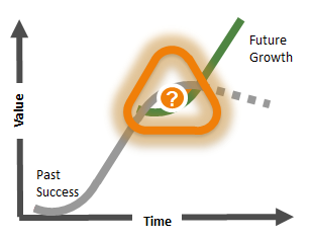Exciting news to share. Growth traps now has a Pinterest site.
If I have seen further it is by standing on the shoulders of giants.
Isaac Newton
We have a couple of boards you might find of interest, that draw on infographics related to growth traps, and ideas on this site:



